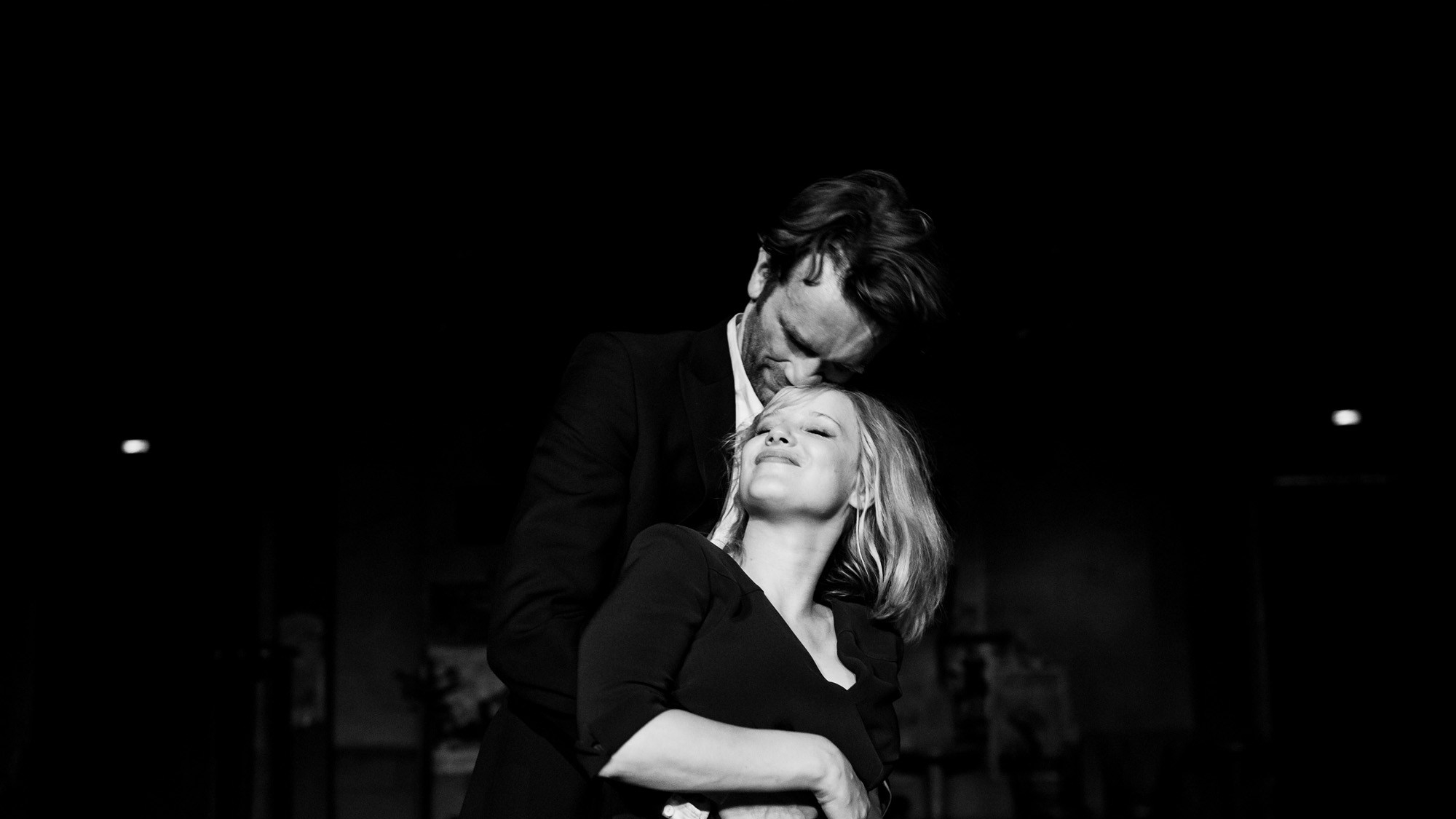World War II was a tough time for humanity. However, it was especially awful for Poland. Not only were they being invaded and eradicated by Germany from the West, but the invading Soviet army offered no solace with their “liberation,” forcing the poor country into accepting their forced occupation. That type of hostile upheaval of a country does a number on the people living there; Cold War is a love story about two such people, director Pawel Pawlikowski’s parents, and how they coped with how the post-war world unfolded around them.
Cold War opens in a music school in post-war Poland. Wiktor (Tomasz Kot) is the gifted composer teaching the new students. On his first tryouts, he spots Zula (Joanna Kulig), mentioning she has something to other teachers. That something apparently, was his heart, because the two spark a torrid affair…..at the worst possible time. You see, with communism taking power, people like Wiktor seen as threats to the new order must flee or be imprisoned, putting further strain on an already strange relationship between the two.
Music infuses Cold War’s pores. From the opening shot, people are singing, talking about singing, or dancing to songs. About 3/4 of the way through the movie, I realized, “Wait, have Wiktor or Zula said more than 5 words to each other?” No! Their attraction started over words and song, so they decided that was going to be their primary bonding experience. In fact, ONLY bonding experience, preferring silence. Because their relationship was clearly a secret, speaking of their feelings was something that was simply not done or risk persecution or worse. So, they would criticize each other though music, or make out/dance to music, or profess love through writing music. We all probably have seen tight-lipped relationships afraid to come out and say exactly how they are feeling; Cold War, through its moving performances, displays Wiktor and Zula’s feelings toward one another, eventually climaxing with a literal removal of the facade to a real conversation.
Another post-war mark on Wiktor and Zula’s relationship is the fight or flight instinct, with each person leaving the relationship, sometimes for YEARS. Zula’s instinct is inherent early on: establishing that she fought back against her father when he tried to prey on her. Wiktor’s is learned: he prefers to flee an uncomfortable situation when it’s thrust upon him, seeking exile. Sometimes this means fleeing power players chasing him across Checkpoint Charlie in Berlin, sometimes that’s fleeing his life in Paris to search for Zula’s lost love. This seeming romantic odd coupling clearly manifests when they spend time together; you can see extreme euphoria upon reconnecting, followed by a slow, visible discomfort when in a purely stable, boring situation, with either Lula or Wiktor exacerbating things to a breaking point, where one or the other will leave, restarting the cycle. However, their twisted love is pure….meaning time will heal everything because they know in their heart they are meant for each other, regardless of political or life situation. It’s a complex, strange love, for strange times.
Cold War’s black and white love story is clearly and homage to Pawel Pawlikowski’s parents. Boy would I have loved to have been a fly on the director’s wall during THAT discussion. “Dad, how did you and mom meet?” “Well son, I was a teacher at your mom’s school…” Yeesh.

